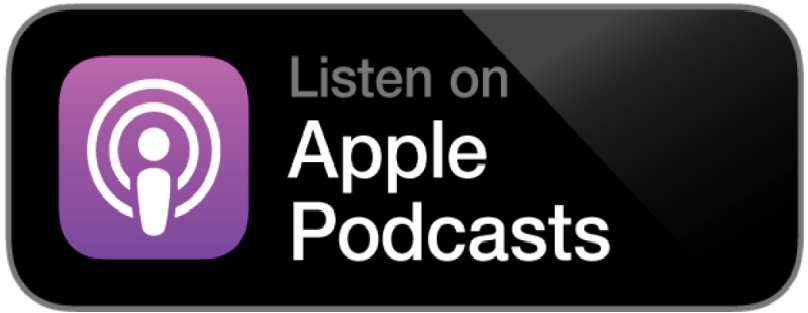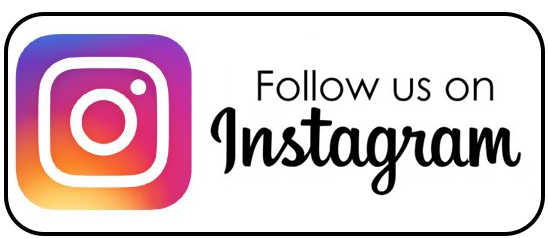Judaism Unbound Episode 423: Disability Torah – Julia Watts Belser
Julia Watts Belser is a rabbi, scholar, and longtime disability and queer activist. She currently serves as a professor of Jewish Studies in the Department of Theology and Religious Studies at Georgetown University, and core faculty in Georgetown's Disability Studies Program. She joins Dan Libenson and Lex Rofeberg for a conversation about her latest book, Loving Our Own Bones: Disability Wisdom and the Spiritual Subversiveness of Knowing Ourselves Whole, which won a National Jewish Book Award in 2023. This episode is the first in an ongoing series of Judaism Unbound episodes exploring Disability Torah.
[1] Learn more about Julia Watts Belser on her website, and be sure to check out her incredible book, Loving Our Own Bones: Disability Wisdom and the Spiritual Subversiveness of Knowing Ourselves Whole.
[2] Dan’s first question centers on Benay Lappe’s theory of “donkey stories,” a framework for understanding how diverse people can all see themselves in one text. Learn more about this idea in this article, or in our episode, Episode 3: Exodus – Benay Lappe. He also mentions our more recent conversation that relates this topic to actual donkeys, Episode 417: Jewish Learning for Climate Crisis – Laura Duhan-Kaplan, Yosef Rosen.
In the context of “donkey stories,” Dan also mentions our past episode that applies Lappe’s theory from a transgender perspective, Episode 151: Judaism from a Transgender Perspective – Joy Ladin.
He also refers to our recent episode that relates this topic to actual donkeys (i.e. animals in the Bible), Episode 417: Jewish Learning for Climate Crisis – Laura Duhan-Kaplan, Yosef Rosen.
[3] Julia cites the disabilities of several characters in the Torah: Moses’s speech impediment (Exodus 4:10), Isaac’s blindness (Genesis 27:1), and Jacob’s limp (Genesis 32:32).
[4] Juluia reads Ezekiel’s vision of God “having wheels” as a story about God being in a wheelchair, a realization that inspired her book (Ezekiel 1:15-21). (P.S. Check out Louis Armstrong’s rendition of the popularized African American spiritual, “Ezekiel Saw the Wheel,” which is based on this chapter of the Hebrew Bible.)
[5] Julia analyzes chapters from the book of Isaiah and the book of Jeremiah side-by-side to demonstrate two distinct paradigms for thinking about navigating and thinking about disability. Whereas Isaiah 35:5-6 imagines a messianic future in which disability is undone, Jeremiah 31:8-9 imagines a messianic future in which disability is a celebrated part of the story. We like the second one. Duh.
[6] Dan refers to a Talmudic story that views disabilities as a punishment for people who engage in their notion of sexual misconduct (Nedarim 20a:13).
[7] Dan also mentions Jay Michaelson’s fictional short story in which the passage in Leviticus banning homosexuality suddenly disappears. Read the story, titled “The Verse,” in full. For more from Michaelson, see Episode 38: Judaism & Evolving Dharma, Episode 197: Religious Heresy, and Episode 340: More Religious Heresy
[8] Lex says his favorite Torah portion is Parsha Balak, which he loves because of its all-over-the-place-ness. This year, it will be read the week of July 20th, so mark your calendars.
[9] Julia describes God’s responses to Moses’ anxiety about his speech-related disability as God giving reasonable accommodations – the legally-required modification of jobs to be accessible to those with disabilities – to Moses. In the beginning of Exodus 4, God offers Moses “signs,” nonverbal communication methods (Exodus 4:1-9). Later, God also assigns Aaron to be Moses’ revoicer (Exodus 4:14-16).
[10] Julia also points to an offensive reading of Moses’ disability, in which the rabbis state that Moses was able to give the speech constituting the entire book of Deuteronomy because learning Torah “healed” him, implying that his disability was something he needed to overcome to be whole (Midrash Tanchuma, Devarim 2). Belser instead offers that Deuteronomy marks the moment when Moses steps into his authentic mode of communication, and his community recognizes the truth in his unique voice.






